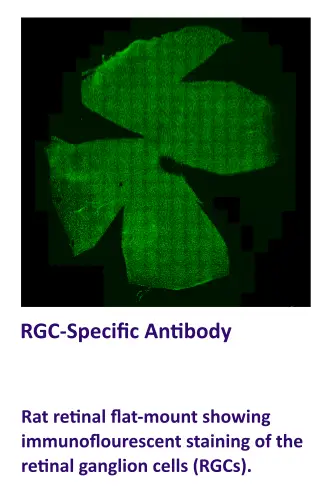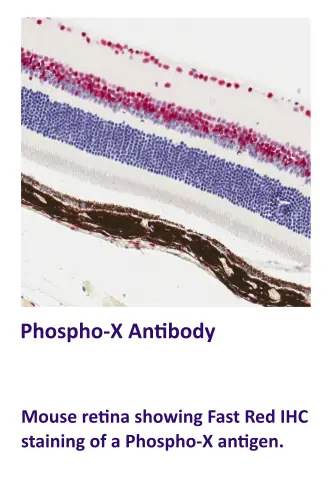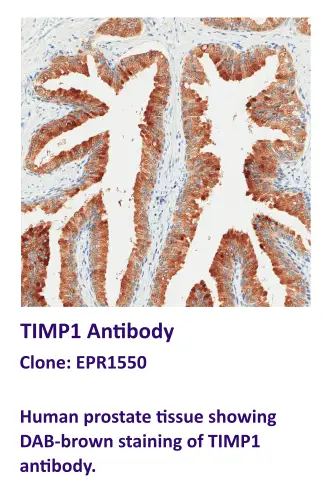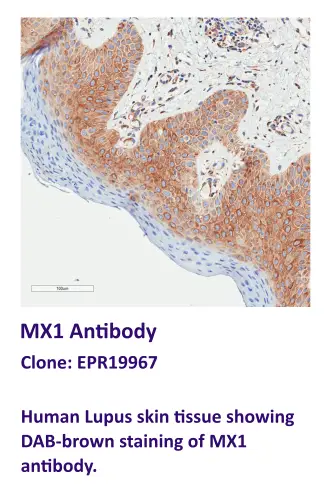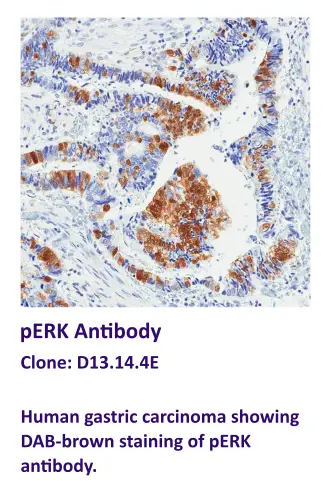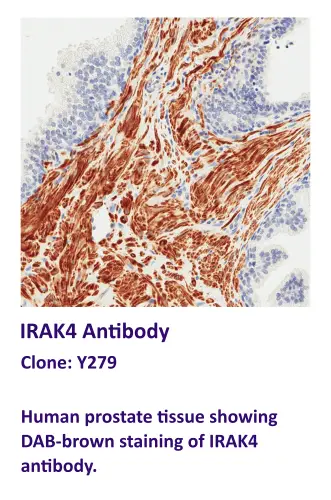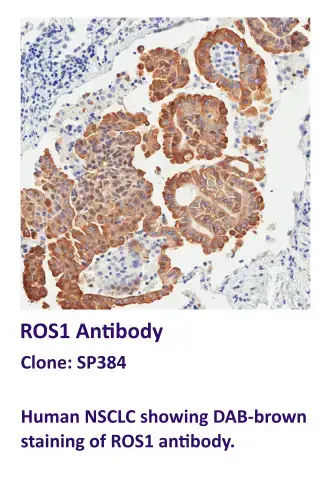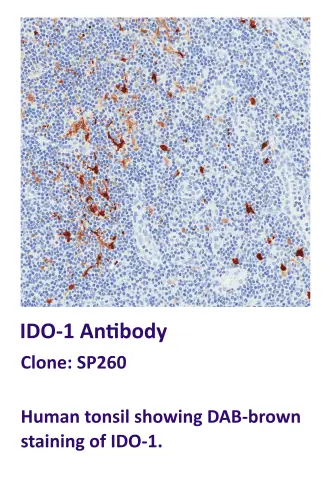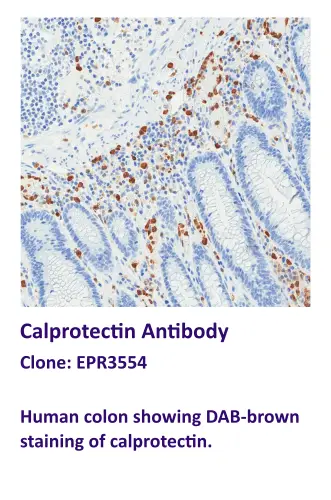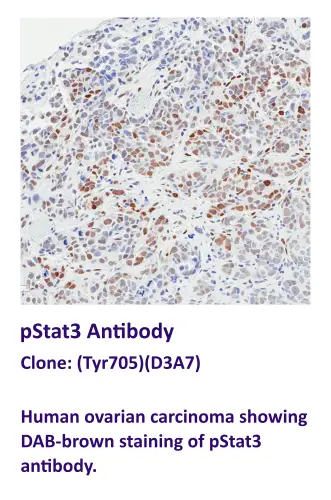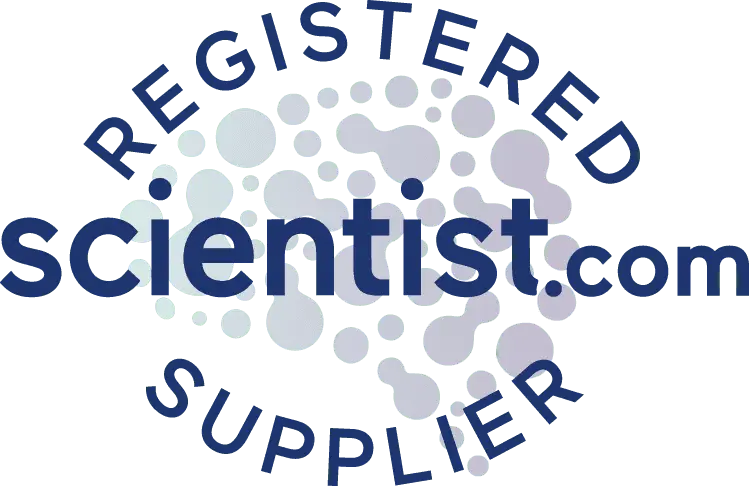Laser Capture Microdissection Services
Laser Capture Microdissection (LCM) has become a highly valuable tool for scientific research, allowing for the precise isolation of individual cells or groups of cells from a diverse range of tissue types. At Gnome Sciences, we offer premium laser capture services, utilizing the state-of-the-art Zeiss PALM Microbeam IV system, known for its reliability and versatility in both routine and highly specialized configurations. Our services are designed to ensure precise results, efficiency, and maintained cellular integrity.
Discuss your laser capture microdissection needs with our scientists:
Service Overview
Gnome Sciences takes pride in offering laser capture services to the research community. With our cutting-edge technology, we can precisely isolate specific cell groups, individual cells, or even cell organelles from frozen, fresh, or embedded tissue sections. This allows for unparalleled precision and detailed study of cellular structures and processes.
The core of our services is the Zeiss PALM Microbeam IV system, recognized as one of the most reliable and versatile tools for laser microdissection. It’s engineered for both standard procedures and highly specialized requirements, ensuring we can cater to your project’s specific needs.
We offer Laser Microdissection and Pressure Catapulting (LMPC) – a highly effective technique that greatly increases the volume of tissue captured in a given time while maintaining cellular integrity. The method involves placing the biological material on a polyethylene naphthalate (PEN) membrane, then using a tightly focused laser beam to cut the membrane and the material. Following this, a defocused laser beam “pressure catapults” the cut membrane with cells into a sample collector.
The key advantages of LMPC over traditional LCM techniques include increased tissue capture efficiency, better preservation of cellular structures, and reduced risk of contamination as the biological material is obtained without direct user contact. This method enables capture of a range of biological material, from multi-cellular tissue elements to specific cell and organ sections, and even cellular organelles.
Our laser capture services are a testament to our dedication to providing state-of-the-art solutions to the scientific research community, with the goal of advancing knowledge and improving outcomes.

